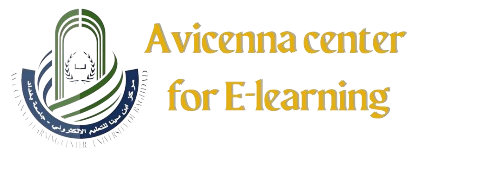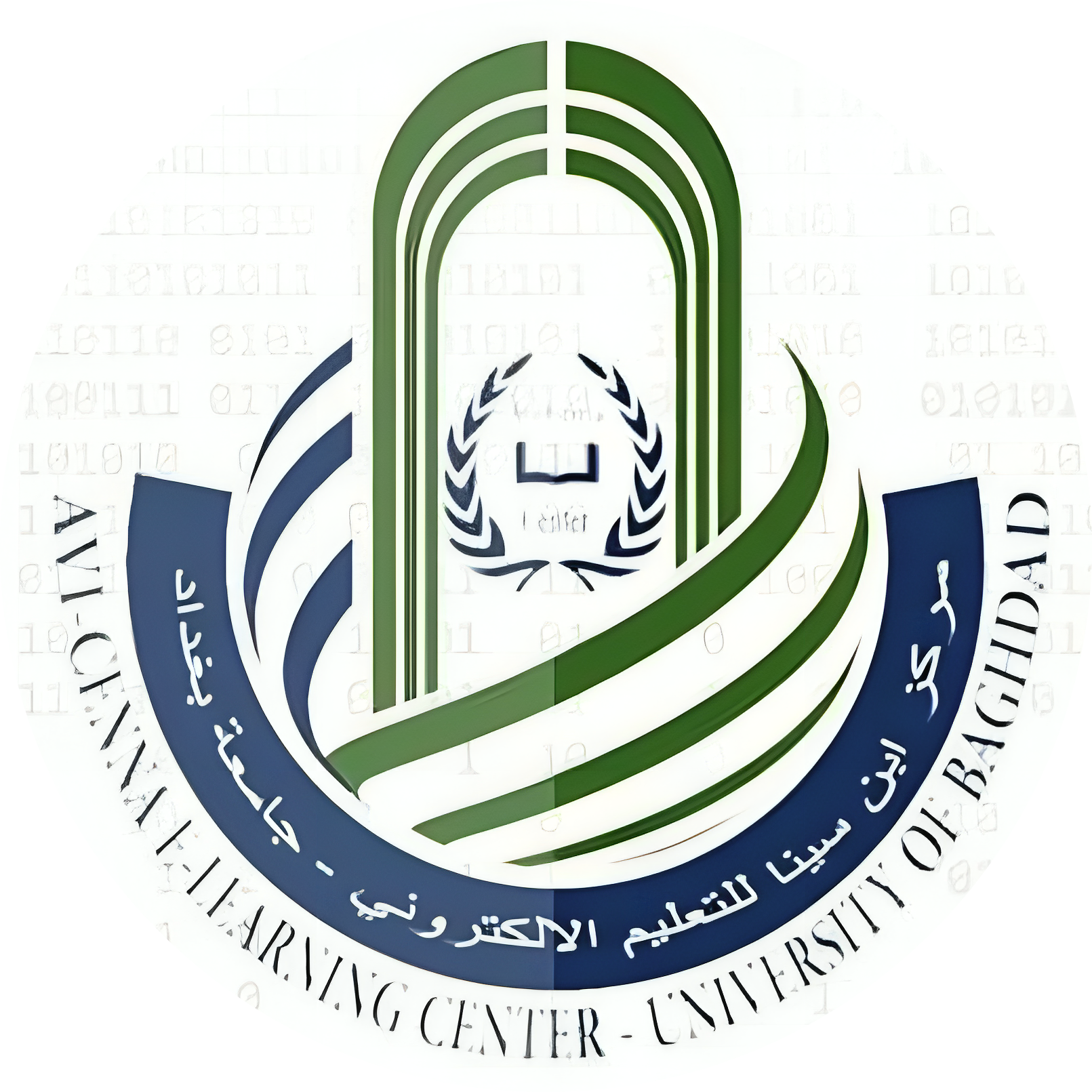Establishment of the Center
The Avicenna Project is an e-learning network established by the European Union and UNESCO across 14 countries around the Mediterranean basin between 2002 and 2006.
The purpose of establishing the Avicenna Project in Iraq is to contribute to building the University of the Future in Iraq. The first pilot phase began in October 2009.
The Avicenna E-Learning Center was officially established at the Universities of Basra, Baghdad, and Salahaddin. It aims to train individuals in the engineering and development of electronic materials as well as internet-based learning concepts. Four workshops were organized (2009-2010) in partnership with the Avicenna Center at Philadelphia University (Jordan) and the Middle East Technical University (Turkey), with the collaboration of experts from the University of Valenciennes (Spain), the Ministry of Higher Education in Algeria, the University of Hamburg (Germany), and the Institute of Information Technology for Education (Moscow).
Assistant Professor Dr. Muhammad Sadiq Salman was appointed as the Center’s director on September 28, 2014.
The building was inaugurated on January 2, 2015, after being equipped with the necessary equipment for the Center’s operation.
To advance the Center’s work towards the practical and serious application of e-learning through well-planned steps to achieve the best results in service of the university’s education system, and to provide practical support for both educators and learners, the Center has undertaken appropriate measures according to the current circumstances.
The Avicenna Center organized seminars and workshops for the university’s staff to promote the culture of e-learning. In collaboration with the Center’s experts, these events aimed to familiarize faculty members and university staff with the importance of implementing the e-learning system. Two or three seminars were held annually during the academic years from 2015 to 2018.
In November 2017, the Center held the fifth forum for the University of Baghdad in cooperation with the Center for Continuing Education. This event saw wide participation, with research related to e-learning and modern technologies presented by professors and researchers from various Iraqi universities and supporting companies.
The Center launched Google Education services at the university and began implementing the Google Education system. This provided faculty members with extensive storage space on their university email addresses, facilitating the cloud storage of their data. This initiative began on August 17, 2016, with a pilot project in the College of Dentistry and certain departments of the College of Engineering, with plans to extend it to the rest of the university’s faculties.
The e-learning platform was implemented in the College of Dentistry under the supervision and assistance of the Avicenna Center starting in April 2017. There were 2,122 students participating in virtual classes across five stages, in addition to postgraduate students and faculty members, all under the direct supervision of the respected Dean and the Assistant Dean for Administrative Affairs to ensure the success of the project.
An interactive classroom was created using the M-Class system, and many lectures were conducted within this interactive classroom, utilizing the Center’s modern and advanced equipment and programs designed for this purpose.
The Avicenna Center is monitored by UNESCO, which conducts regular visits and ongoing meetings as it sponsors the Avicenna Project at Iraqi universities, specifically at the University of Baghdad, the University of Basra, and Salahaddin University in Erbil. The most recent meeting between the Center’s director and the organization’s representative took place at the Al-Rashid Hotel on April 4, 2016, according to an appointment set by the organization’s office in Amman. The necessary approvals for the meeting were obtained, resulting in the renewal of UNESCO’s support for the Center. This support includes providing materials, equipment, and necessary systems, as well as training courses required for managing the e-learning process at the University of Baghdad. However, the equipment and training have not yet been provided.

